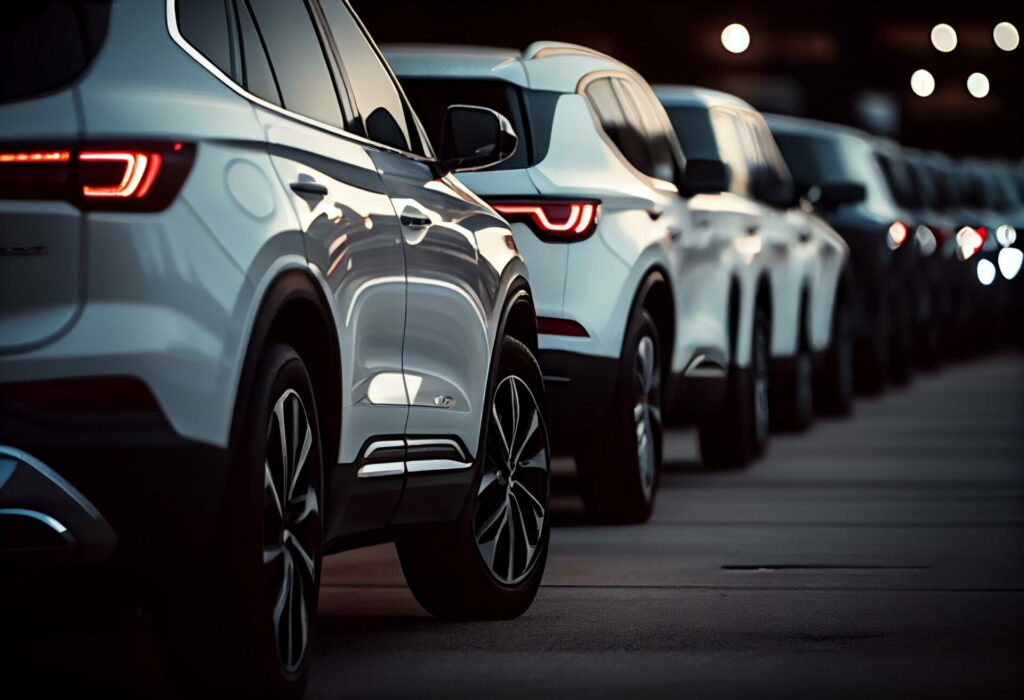The number of used cars being shipped from Japan is far better than expected given the effects of the Covid-19 pandemic, according to a leading figure at a shipping and logistics company.
Matt Battle, general manager of Moana Blue, says the used-imports industry is performing above expectations when coronavirus first struck and countries were sent into lockdowns.
However, he warns activity in Japan suggests there is a risk the prices of used vehicles here may soon increase.
The prices at Japan’s used-car auctions increased in September 2020 and were 21 per cent above the baseline average for all of 2019, reports a recent newsletter from Moana Blue.
Data from five Japanese auctions shows selling prices in September this year increased about 7.2 per cent from August’s figures.
Meanwhile, Moana Blue notes the average number of vehicles offered for sale each month in 2020 to date is 11 per cent less than the average offered each month in 2019.
Domestic demand for used vehicles in Japan before they get to auction appears to be one reason for a drop in the number of cars being offered.
The sell rate for those that do go under the hammer is increasing, which is a sign of strong demand for what supply is available.
“It’s looking like the number of entries at auction is lower and that’s putting pressure on pricing,” explains Battle, pictured.
“I think the increased pricing in Japan is going to track through into prices here. Dealers can’t absorb such costs on their own and the tail of stock is quickly worked through here.
“From a dealer’s perspective the key question is, will the prices in Japan be sustained. If the prices at auction maintain their high levels then prices here will have to adjust.”
Battle adds global demand for vehicles out of Japan remains strong, but supply may be limited because new car production dropped at the peak of the pandemic.
Consequentially, it appears more people in Japan have turned their attention to purchasing used vehicles than would ordinarily be the case.
‘Surprising’ response
Used-car registrations in New Zealand for the year to date are about 20 per cent down on the same stage of 2019, but Battle says there has been a commitment from all parts of the industry to keep activity flowing.
“There’s been a bit more juggling than usual this year,” he told Autofile. “We have been lucky because the shipping lines have been pretty committed to keep cargo moving.
“There have been impacts and some sailing schedules adjusted based on the lower volume of cargo, but on the whole, we have got through it okay.
“We’ve been very lucky to keep rolling on. While we would not have wished for what has happened this year, at the same time it’s so much better than it could have been.
“It’s still tough, there’s higher used-car prices, a lack of volume out of Japan in terms of what’s available, and the remaining uncertainty of Covid-19.
“Nevertheless, it’s surprising how well the industry has come out of the pandemic and we’re looking forward to 2021 as much as the next person.”
Adding to the challenges of 2020 was the rule change from March 1 that all light vehicles entering New Zealand’s fleet must be equipped with electronic stability control (ESC).
Battle says any potential disruption to the used-vehicle industry from the shift in legislation has been masked by coronavirus.
“We did not get any true exposure as to what the market looks like with just the ESC change coming through because February 29 was the last day we could border check vehicles without ESC. Then, 20-odd days later, we went into lockdown.
“We do not truly know what the new used-car market is for Japan as a result of ESC. It’s also hard to be sure how the current market in New Zealand has been affected by Covid-19 over any impact of no longer importing non-ESC vehicles.”


